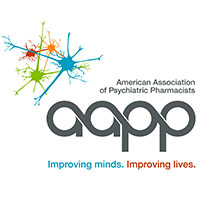Let’s Talk About Insurance
The Affordable Care Act helped millions of people get health insurance from their job or the government (Medicare and Medicaid). Insurance helps lower the cost of medications. If you have a high insurance deductible or do not have prescription insurance, you may have to pay full price for your medications. The cash price, or price without insurance, can differ between pharmacies. Your copay will usually be the same from between pharmacies unless your insurance prefers a certain pharmacy. It is important for you to be able to afford your medications so you can take them every day. 1-4


